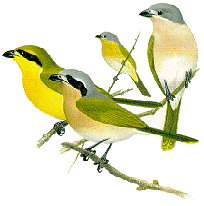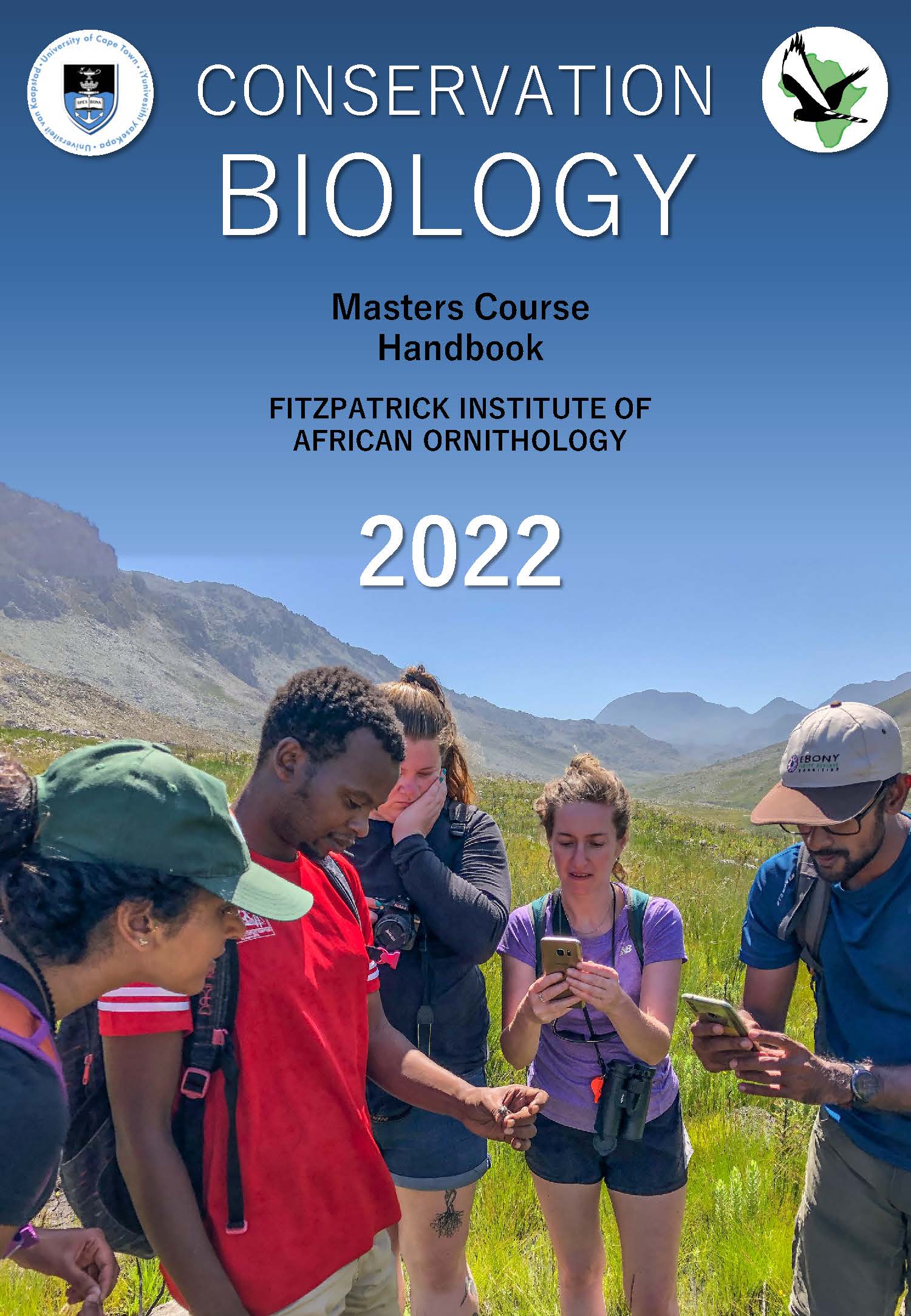
Emma Wright
Emma grew up in Gauteng with two nature loving parents who exposed her to the outdoors at a very early age. She always desired to be outside, whether hiking in the Drakensberg, camping in the Tankwa Karoo or snorkelling along the False Bay coastline. Now at age twenty-three, her adventurous passion for the natural world has evolved into an academic and practical interest in a diverse range of biological topics. Emma began studying Animal, Plant and Environmental Sciences at Wits University where she took as many of the offered courses as she could, from Freshwater Management to Palaeontology. She was always interested in all aspects of science. She majored in Evolution, Ecology and Conservation. Her subsequent honours degree consisted of in-depth courses on Global Change and Evolution, with a project addressing a question about the possibility of ‘pre-adaptation’ in the plant genus Helichrysum. Emma approaches problems with the big picture always at the forefront of her mind. She believes that framing problems across multiple science disciplines can aid in the generation of well-considered solutions and interesting ideas. This approach also helps keep alive her love for many other scientific disciplines.
Influenced by her studies and growing up in the complex socio-political climate of South Africa, Emma advocates for the importance of including the human component in all thoughts and processes around conservation. She believes the welfare of local communities goes hand-in-hand with the welfare of their surrounding environments. Emma believes the CB course is the best choice for developing her love of diverse learning and the big picture of life. Emma is also a lover of the arts, and you may find her drawing or painting during a lazy day in the sun.
Thesis: Remote sensing evaluation of Cape parrot habitat in the Eastern Cape: implications for conservation. (Dr Vernon Visser and Prof. Timm Hoffman)

